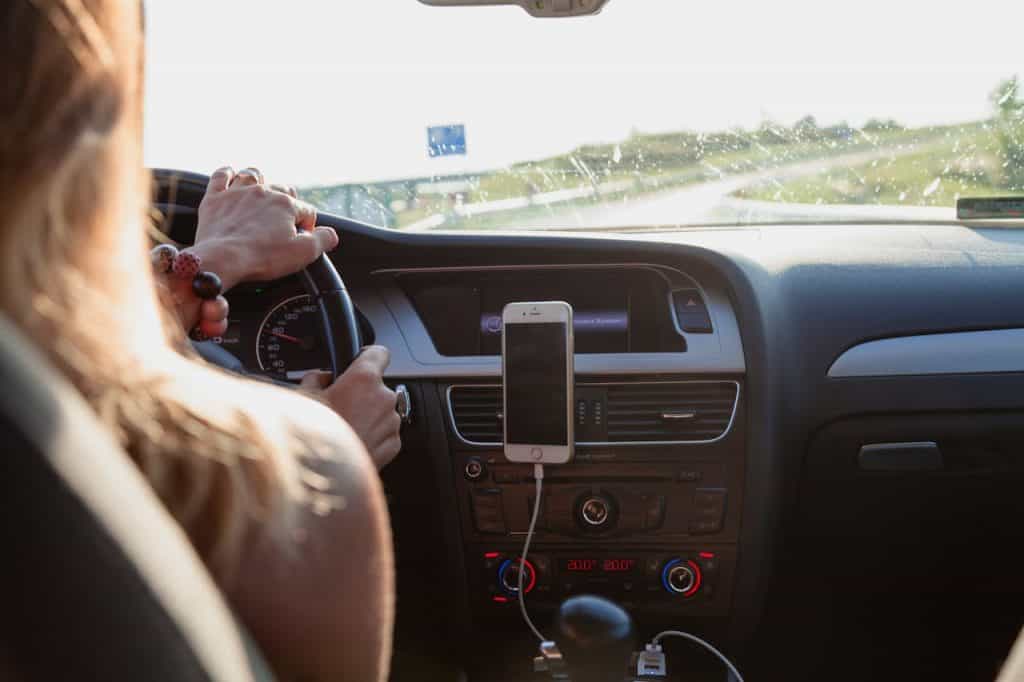Planning a long-distance road trip can be exciting. The open road, new sights, and adventures create a special sense of freedom. However, preparing well is key to making your journey enjoyable and stress-free.
Before you hit the road, consider logistics, your vehicle, and your comfort. Organizing these items in advance will help set the stage for a great adventure. Here are some tips for preparing for your long-distance trip.
Vehicle Check-Up
Your vehicle is essential for your road trip, so make sure to do a thorough check-up before you leave. First, check the oil, coolant, and transmission fluids. Also, look at the tire pressure and the condition of your tires. If your tires are worn out, consider replacing them before starting your trip. If you’re bringing extra gear or planning to tow something, this is also a good time to inspect any equipment you’ll be hauling, including options like enclosed trailers for sale.
Don’t forget to check the brakes and windshield wipers. A clean windshield and working wipers are essential, especially in bad weather. Keeping your vehicle in good shape helps you focus on the journey rather than worrying about breakdowns.
Essential Supplies
Bringing the right supplies can make your trip more comfortable. Consider packing the basics: snacks, water, and a first-aid kit. Healthy snacks help you stay energized while driving, and drinking enough water keeps you hydrated. A first-aid kit is helpful for emergencies.
Other helpful items include maps (even if you use GPS, it’s good to have a backup), a spare phone charger, and entertainment for passengers. Download playlists or audiobooks ahead of time to keep everyone engaged during the drive.
Plan Your Route
Planning your route is a fun part of preparing for a road trip. While GPS is useful, it’s smart to have a paper map as a backup. Mark key stops along the way for food, rest areas, and interesting sights. These breaks can make driving more enjoyable.
Think about alternative routes, too. Sometimes, taking a less popular road can lead to beautiful views or hidden treasures that turn an ordinary trip into a special experience. Researching ahead can help you find local restaurants that showcase the region’s unique flavours.
Used Cars
When going on a long road trip, having the right vehicle can improve your experience. Used cars can be a great option if you’re on a budget. They offer reliable transportation without the high cost of new cars.
Many used cars are well-maintained and ready for a trip. This gives you comfort, knowing your vehicle won’t slow you down or add extra costs. Shopping for used cars also allows you to choose one that fits your trip needs. It feels rewarding to find a car that suits your style and budget.
Budgeting for the Journey
Budgeting is an important part of making your trip enjoyable. Include the costs for gas, lodging, meals, and activities in your budget. Keeping an eye on these expenses can help you avoid unexpected money problems.
Set aside some extra money for spontaneous activities. If you find a quirky museum or a local event that interests you, having the funds ready can make your trip even more memorable.
Safety First
Safety is always a priority, especially on long trips. Pack an emergency kit with items like jumper cables, a flashlight, and basic tools. Learn how to change a tire in case you need to.
Consider getting roadside assistance. It offers peace of mind, knowing help is just a phone call away if something goes wrong.
Stay Flexible
While planning is important, staying flexible is also crucial. Life on the road can be full of surprises, such as weather changes or road work. Keep an open mind and embrace adventure. Some of the best memories come from unexpected moments.
If your plans change, go with the flow! Whether you discover a beautiful view or a charming town, enjoy the experience rather than sticking strictly to your plan.
Travel Companions
Travelling with friends or family can make your road trip more fun. Before you leave, discuss what everyone enjoys doing. This ensures everyone enjoys the journey. Sharing driving can help keep everyone alert and let you take in the sights and enjoy conversations.
Travelling together can also mean playing games, sharing playlists, or taking turns picking stops. Make sure to bring enough snacks and supplies for everyone. Consider what each person likes in terms of seating and break times.
Documenting the Journey
Taking photos and videos during your road trip can help you remember the experience. Use a camera or your smartphone to capture special moments, beautiful views, and interesting places.
You should also keep a travel journal. Write down highlights, thoughts about the places you visit, and reflections on the people you meet. This record can serve as a lovely keepsake. Once you’re back home, you could create a scrapbook or digital album to showcase your best memories.





